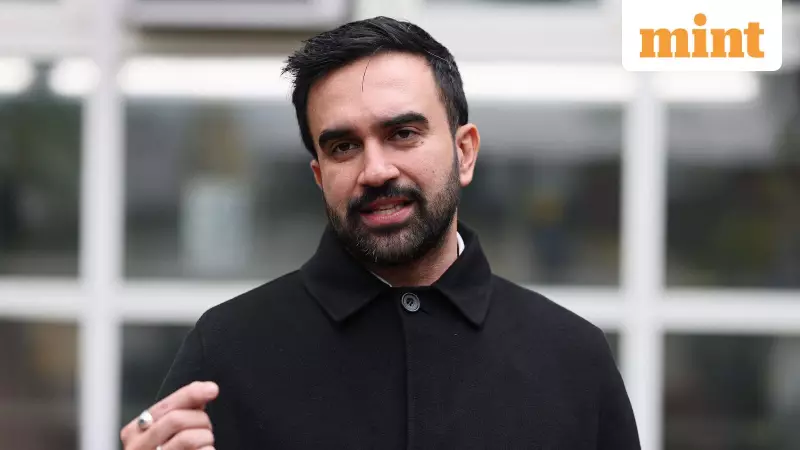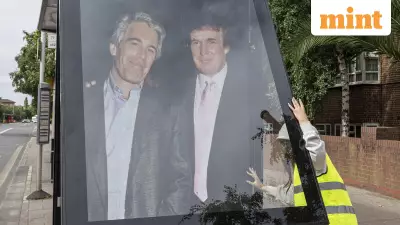
In a significant show of solidarity, New York mayor-elect Zohran Mamdani has thrown his weight behind striking Starbucks workers and committed to boycotting the coffee giant. This declaration comes as more than one thousand unionized baristas initiated coordinated strikes across multiple outlets throughout the United States.
Political Leader Urges Public Boycott
Mamdani made his stance clear through social media, directly responding to a post from the Starbucks Workers United account. He explicitly urged the public to join him in refusing to purchase Starbucks products during the ongoing labor dispute.
"Starbucks workers across the country are on an Unfair Labor Practices strike, fighting for a fair contract," Mamdani wrote. "While workers are on strike, I won't be buying any Starbucks, and I'm asking you to join us. Together, we can send a powerful message: No contract, no coffee."
Massive Strike Disrupts Key Starbucks Event
The timing of the industrial action is particularly strategic, as it coincides with Starbucks' popular Red Cup Day. This annual event, running since 2018, typically draws large crowds by offering customers free reusable cups with holiday drink purchases.
According to Starbucks Workers United, the walkout represents a major escalation in labor tensions. The union has confirmed this will be an open-ended strike with no predetermined conclusion date, potentially making it the longest and largest Unfair Labor Practices strike in Starbucks' corporate history.
The strike's impact spans 45 cities nationwide, including major metropolitan areas such as:
- New York
- Dallas
- Seattle
- Ohio
- Minneapolis
- Philadelphia
Mixed Public Reaction to Political Boycott Call
Social media responses to Mamdani's boycott endorsement revealed deeply divided public opinion. While some users expressed full support for the mayor-elect's position, others questioned the effectiveness and fairness of such actions.
One critical comment highlighted that only 650 out of approximately 10,000 Starbucks locations have unionized, representing just 6.5% of total stores. Another user pointed out the potential unintended consequences for workers, noting that "these grandstanding calls for 'no coffee' always hit workers harder than corporations."
However, the boycott also found strong supporters, with one individual declaring, "I'll never buy a Starbucks again," while another questioned the fundamental value proposition of the chain's products.
Core Issues Driving the Labor Action
The central grievance motivating the widespread strike involves Starbucks' alleged failure to reach satisfactory contract agreements with the union. Workers participating in the industrial action claim the company has not engaged in good faith negotiations toward establishing fair working conditions and compensation.
This breakdown in negotiations has prompted what could become the most extensive Unfair Labor Practices strike ever witnessed in the Starbucks brand's operational history. The open-ended nature of the strike indicates workers' determination to continue their protest until the company addresses their demands for equitable treatment and proper contractual agreements.





